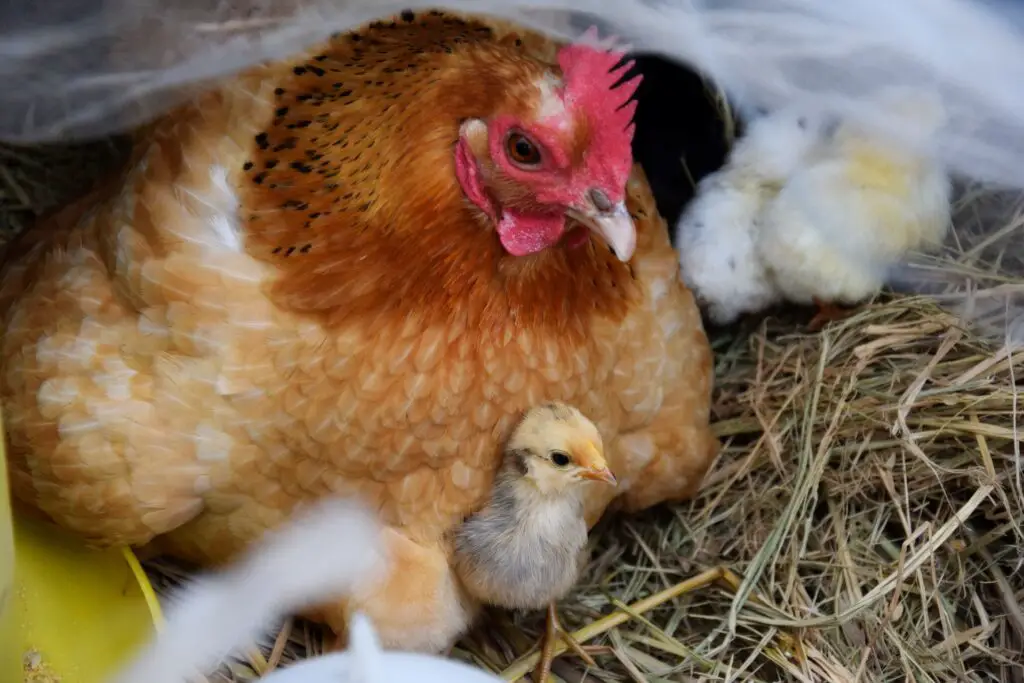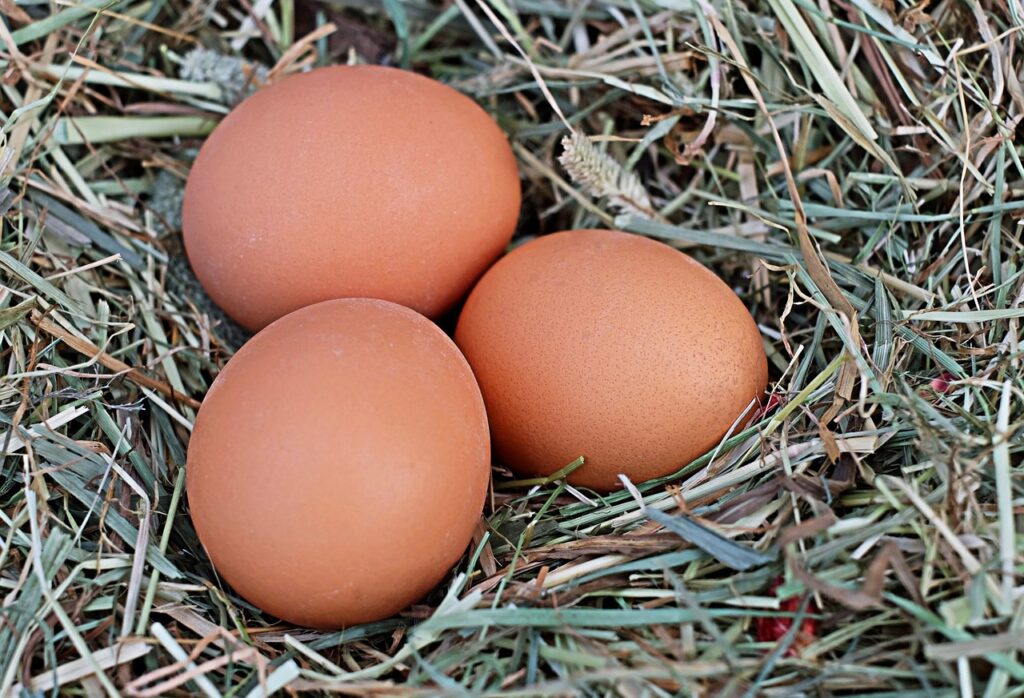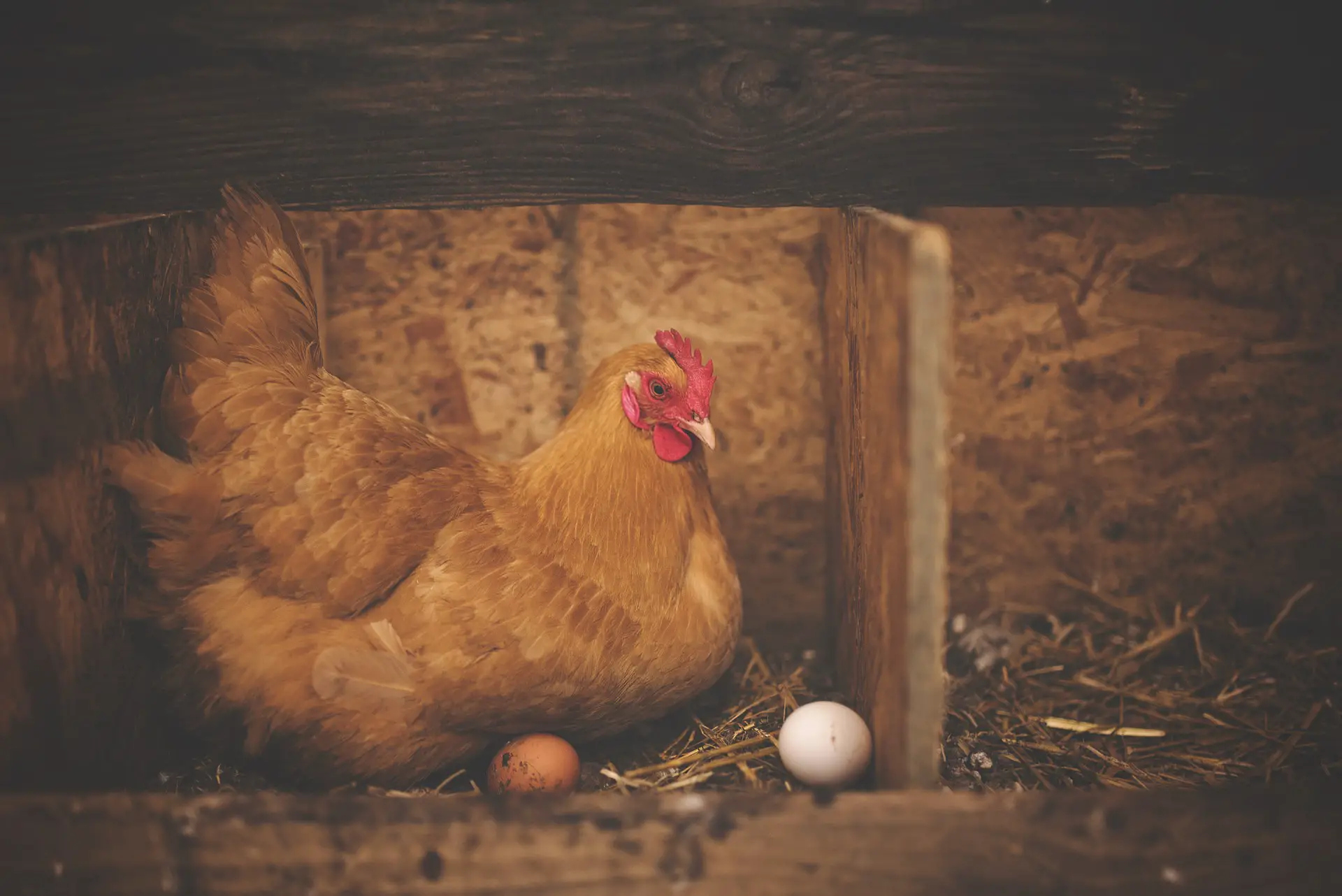Having suitable nesting boxes for your chickens is essential for their comfort and egg-laying behavior. The right nesting boxes provide a secure and cozy space where hens can lay their eggs comfortably.
In this article, we will explore the importance of choosing the best nesting boxes for chickens, discuss factors to consider when selecting them, and present the top 5 best nesting boxes available in the market. Whether you’re a beginner or an experienced chicken keeper, this guide will help you make an informed decision for your flock.
You may also want to read about the best chicken coop.
Importance of Choosing the Best Nesting Boxes For Chickens
Nesting boxes play a vital role in creating a conducive environment for your chickens to lay eggs. They offer a sense of security, privacy, and comfort, which are essential for hens to feel safe and reduce stress during the egg-laying process. By providing appropriate nesting boxes, you can encourage proper egg-laying behavior and help prevent issues such as egg eating or egg-laying in undesirable areas.

Best Nesting Boxes For Chickens
Factors to Consider When Selecting Nesting Boxes
Before choosing the right nesting boxes for your chickens, there are several factors to take into account. Consider the following aspects to ensure you provide an optimal nesting environment for your feathered friends:
Size and Space
The nesting boxes should be adequately sized to accommodate your specific chicken breed. The size should be spacious enough for the chicken to comfortably enter, turn around, and settle down to lay eggs. Additionally, having multiple nesting boxes is recommended to avoid overcrowding and promote a sense of privacy for each hen.
Material and Durability
Selecting sturdy and durable materials for the nesting boxes is crucial for their longevity and functionality. Common materials include wood, plastic, and metal. Wood is a popular choice as it provides insulation and a natural feel. Plastic nesting boxes are lightweight, easy to clean, and resistant to moisture. Metal nesting boxes offer durability and resistance to pecking or scratching.
Accessibility and Ease of Cleaning
Ensure the nesting boxes are easily accessible for your chickens. The entry should be low enough for them to step in without difficulty. Additionally, choose nesting boxes that are easy to clean and maintain. Removable bottoms or hinged tops can simplify the cleaning process and prevent the buildup of dirt, mites, or bacteria.
Best Nesting Boxes for Chickens
Now let’s explore some of the best types of nesting boxes available for your chickens:
Wooden Nesting Boxes
Wooden nesting boxes are a classic choice for chicken keepers. They provide insulation, a natural and cozy environment, and a sense of security for the hens. Wooden nesting boxes can be purchased or built as DIY projects. They offer a rustic charm and can be customized to fit the size and style of your coop.

Best Nesting Boxes For Chickens
Plastic Nesting Boxes
Plastic nesting boxes are lightweight, durable, and easy to clean. They are resistant to moisture and can be easily sanitized. Plastic nesting boxes often have smooth surfaces, making it difficult for mites or other parasites to hide. They come in various sizes and designs, with some including features like roll-out trays for convenient egg collection.
Metal Nesting Boxes
Metal nesting boxes are known for their durability and resistance to pecking or scratching. They are often made of galvanized steel or aluminum, which makes them long-lasting and resistant to rust. Metal nesting boxes are easy to clean and maintain, providing a hygienic environment for your chickens.
DIY Nesting Box Ideas
If you enjoy DIY projects or want to save some money, there are numerous creative options for making your own nesting boxes. Repurposing old crates, barrels, or even 5-gallon buckets can provide unique and functional nesting spaces for your chickens. Just ensure that whatever materials you use are safe, clean, and suitable for your flock.
Installation and Placement of Nesting Boxes
Once you have selected the appropriate nesting boxes, proper installation and placement are crucial to maximize their effectiveness. Consider the following tips:
Inside the Coop
Install the nesting boxes inside the coop to provide a safe and secure environment for your chickens to lay their eggs. Placing the nesting boxes inside the coop also helps protect the eggs from predators or other external disturbances.
Height and Accessibility
Ensure that the nesting boxes are at an appropriate height for your chickens to access easily. The entry should be low enough for them to step in comfortably without straining or jumping. Proper height and accessibility promote natural egg-laying behaviors and minimize the risk of eggs being laid in inappropriate locations.
Bedding and Comfort
Line the nesting boxes with suitable bedding material to provide a comfortable and inviting space for your hens. Common bedding options include straw, wood shavings, or shredded paper. The bedding should be replaced regularly to maintain cleanliness and prevent the accumulation of dirt or parasites.
Maintenance and Cleaning the Best Nesting Boxes For Chickens
Regular maintenance and cleaning of the nesting boxes are essential to ensure a hygienic environment for your chickens. Follow these guidelines:
Regular Inspections
Frequently inspect the nesting boxes for any signs of damage, wear, or pest infestations. Repair or replace any broken parts promptly to maintain the structural integrity of the boxes. Regular inspections allow you to address any potential issues before they become more significant concerns.
Bedding Replacement
Replace the bedding in the nesting boxes regularly, especially if it becomes soiled or wet. Clean bedding helps maintain cleanliness and prevents bacterial growth. By providing fresh bedding, you create a comfortable and sanitary space for your chickens to lay their eggs.
Cleaning and Sanitizing
Periodically clean and sanitize the nesting boxes to eliminate bacteria, parasites, and odors. Remove any remaining bedding and debris, and wash the nesting boxes with a mild detergent or poultry-safe disinfectant. Rinse thoroughly and allow them to dry before adding fresh bedding.
Benefits of Providing the Best Nesting Boxes For Chickens
Offering suitable nesting boxes to your chickens provides several benefits that contribute to their overall well-being:
Encouraging Natural Behaviors
Proper nesting boxes encourage chickens to exhibit their natural behaviors, such as scratching, nesting, and brooding. These behaviors promote mental stimulation and physical exercise, contributing to their overall health and contentment.
Egg Protection and Quality
Well-designed nesting boxes protect eggs from damage, ensuring a higher rate of intact and clean eggs. By providing a comfortable and secure environment, you minimize the risk of eggs being laid in undesirable areas, reducing the chances of breakage or contamination.
Minimizing Stress and Health Issues
When chickens have access to appropriate nesting boxes, it reduces stress and anxiety related to finding suitable places to lay eggs. Stress can have negative effects on their health and overall productivity. By providing a designated and comfortable space for egg-laying, you promote a stress-free environment.
Best Nesting Boxes For Chickens: Conclusion
Selecting the best nesting boxes for your chickens is an important aspect of their care and egg-laying experience. Consider factors such as size, material, accessibility, and ease of cleaning when choosing the right nesting boxes. Proper installation, maintenance, and cleaning will contribute to a comfortable and hygienic environment for your flock. By providing suitable nesting boxes, you encourage natural behaviors, protect eggs, and promote the well-being of your chickens.
FAQs
1. How many nesting boxes do I need for my flock of chickens?
The general guideline is to have one nesting box for every 4-5 chickens. However, providing more nesting boxes than the minimum requirement can help prevent competition and promote a sense of privacy among the hens.
2. Can I use old furniture or other repurposed items as nesting boxes?
Yes, as long as the materials are safe, clean, and provide adequate space for your chickens to comfortably lay eggs. Ensure there are no sharp edges or potential hazards that could harm the chickens.
3. How often should I replace the bedding in the nesting boxes?
Replace the bedding in the nesting boxes regularly, ideally every 1-2 weeks or as needed. Remove any soiled or wet bedding to maintain cleanliness and prevent odors.
4. Can I use nesting boxes for chickens that are free-ranging?
Yes, even if your chickens have access to free-range areas, providing nesting boxes inside the coop is still essential. Nesting boxes offer a safe and consistent space for egg-laying, protecting the eggs from potential predators or environmental factors.
5. What can I use to sanitize the nesting boxes?
Mild detergents or poultry-safe disinfectants can be used to clean and sanitize the nesting boxes. Ensure thorough rinsing after cleaning to remove any residue. Natural alternatives like vinegar or diluted bleach can also be effective sanitizing agents when used properly.


